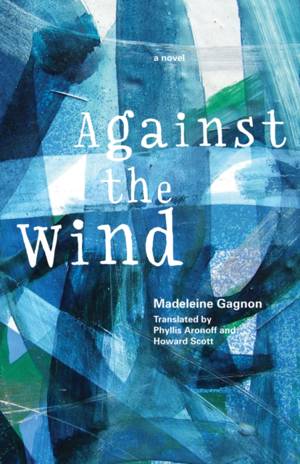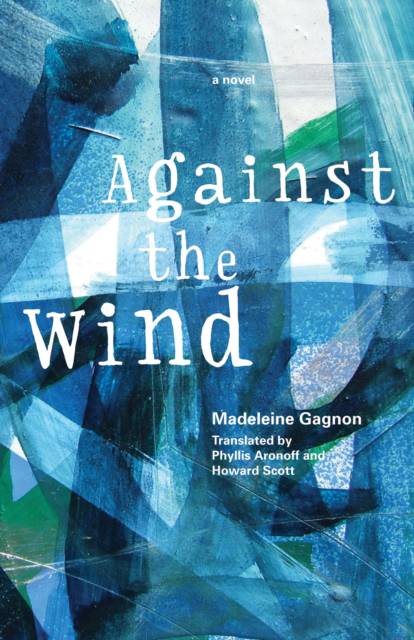
- Retrait gratuit dans votre magasin Club
- 7.000.000 titres dans notre catalogue
- Payer en toute sécurité
- Toujours un magasin près de chez vous
- Retrait gratuit dans votre magasin Club
- 7.000.000 titres dans notre catalogue
- Payer en toute sécurité
- Toujours un magasin près de chez vous
Description
Is an artist born, or rather, created by experience? From the moment in childhood when he is forced to take drastic action to defend his adoptive mother from a violent assault - the only maternal figure that he has ever known - it is evident that the life of Joseph Sully-Jacques is to be no ordinary life, and one marked by sorrow and adversity.
Unable to cope with or even recognize the residual effects of his trauma in adolescence, Joseph retreats into an increasingly abstract world, one in which he must confront what he calls his "visions." And when he hears of the death of his natural mother, this brings to the surface memories he had hoped were buried deep within him, and precipitates the form of various crises to come, particularly as he discovers and makes use of the artistic abilities revealed to his family during his psychiatric evaluation.
After many more hardships, the young man does find meaning to the absurdities of life, ironically in the asylum, where he meets a virtuoso pianist whose condition prevents her from continuing to exercise her talents. They heal together through their mutual love, which will soon subsist upon nothing but memory and absence. During mournful years of raising his son alone, in his extensive adversaria, Joseph sets out to reconcile the contradictory themes in his life, including abandonment, madness, love and death.
In spare, lucid prose, and in a style reminiscent of André Gide, Madeleine Gagnon invites the reader to experience the creation and development of an artist "in his own words" - Joseph's gelid journal entries that are to become emphatic poetic laments - in a novel that chronicles the extreme destitution of Quebec in the years before World War Two and in abstract developing forms of artistic expression after years of uncertainty and loss.
Spécifications
Parties prenantes
- Auteur(s) :
- Editeur:
Contenu
- Nombre de pages :
- 168
- Langue:
- Anglais
Caractéristiques
- EAN:
- 9780889226968
- Date de parution :
- 30-10-12
- Format:
- Livre broché
- Format numérique:
- Trade paperback (VS)
- Dimensions :
- 140 mm x 213 mm
- Poids :
- 249 g







